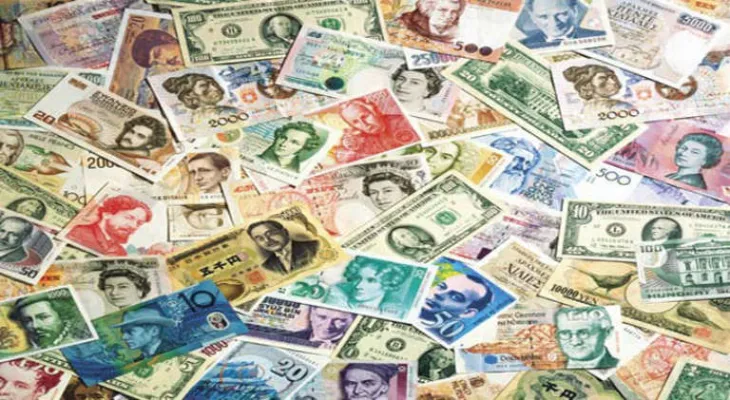Search here
Newspaper
Search here

Arab Canada News
News

Published: October 5, 2022
Washington (Reuters) - New research conducted by the International Monetary Fund showed that persistent wage-price spirals are historically rare, and that the sharp interest rate hikes recently implemented by central banks are likely to help prevent high inflation expectations from becoming entrenched.
In an analytical chapter released on Wednesday from the highly anticipated World Economic Outlook report issued by the IMF, the fund said that the dynamics of rising wages and prices in 2020 and 2021 were driven by "extremely unusual" COVID-19 pandemic shocks, unlike previous episodes which responded to traditional economic forces.
IMF researchers studied 22 episodes of rising inflation rates and declining real wages in advanced economies over the past fifty years and found that most of them receded quickly. The IMF said that the wage increases over the past two years were driven by productive capacity and labor supply shocks, while prices were largely driven by accumulated private savings and the release of pent-up demand as the pandemic receded.
The IMF said previous inflation periods usually ended when nominal wages gradually caught up with prices over several quarters, avoiding an escalating spiral.
This generally happened when economic shocks were seen as temporary, leading to wage and price stabilization based on normal labor supply dynamics. The biggest signs of change but the chapter pointed to some key exceptions, including the "stagflation" era in the United States following the 1973 oil embargo imposed by OPEC, when nominal wages failed to keep pace with prices, and additional oil shocks in 1979 kept inflation high and real wages declining.
This path only changed when the Federal Reserve sharply raised interest rates, leading to years of recession in the early 1980s. The IMF said that wage indexing to cost-of-living increases in Belgium also helped feed a major wage-price spiral there in the 1970s, where wage inflation sometimes outpaced price gains.
The end of World War II lifted rationing in the United States and unleashed enormous pent-up demand for scarce consumer goods, resulting in double-digit wage increases and price gains for years until industry fully converted to peacetime production and excess demand was contained by 1949.
The IMF said: "Overall, the historical evidence indicates that episodes characterized by about a year of accelerating prices and wages generally have not persisted, with nominal wage growth and price inflation tending to stabilize on average" after several quarters.
While this may be reassuring in the current environment, the IMF said there is a risk of prolonged price and wage inflation if inflation expectations become backward-looking, expecting that past conditions, such as the price dynamics of 2021, will continue into the future even in the absence of new price shocks.
The fund said: "When wage and price expectations are more backward-looking, monetary policy actions must be more prepared to reduce the risks of inflation becoming entrenched," supporting its call for central banks to proceed with raising interest rates to fight inflation. Inflation is expected to be a key topic next week when the IMF and World Bank hold annual meetings in Washington.
Edited by: Yusra Bamatraf
Comments